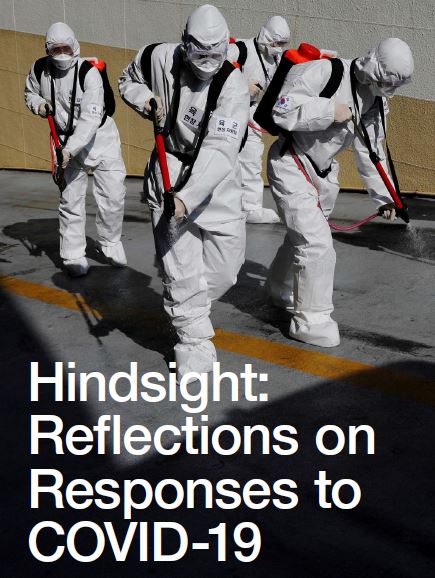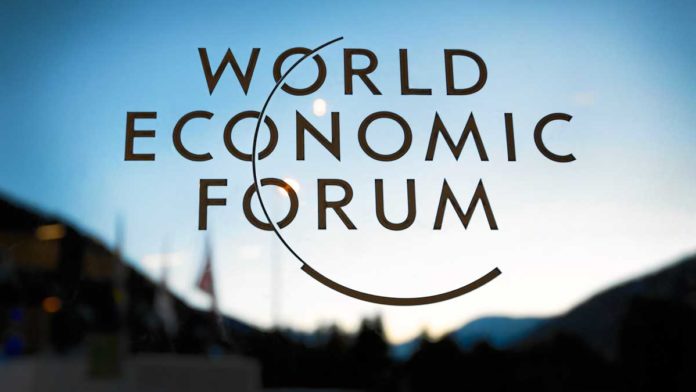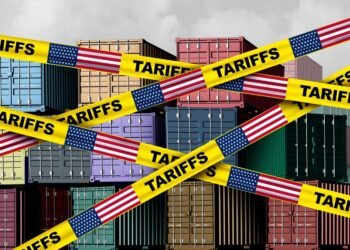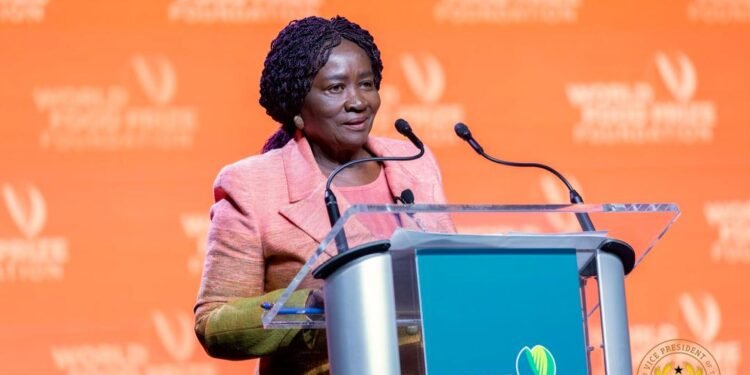Infectious diseases and climate change are among the top risks on the global front for this year and well beyond, according to the Global Risks Landscape 2021 report published by the World Economic Forum (WEF).
Based on the report, infectious diseases, particularly, the ongoing COVID-19 pandemic topped the “clear and present dangers” short-term risk (up to two years) chart, whilst extreme weather conditions events ranked third in the same category in a poll among WEF members. “Existential threats”, long-term risks (five to ten years) saw climate action failure rank second place.
“Among the highest impact risks of the next decade, infectious diseases are in the top spot, followed by climate action failure and other environmental risks; as well as weapons of mass destruction, livelihood crises, debt crises and IT infrastructure breakdown,” the report notes.
It is rather unsurprising that the threat of infectious diseases, ranks first in terms of global impact. Comparing this year and last year, there has been a great change, in terms of risks, and this has been brought about by the COVID-19 pandemic. In 2020, however, the risk posed by infectious diseases was ranked tenth place.
The report also notes that in the first half of 2020, when lockdowns were imposed, global emission of carbon reduced by a very big margin. However, the fear is that these gains may be short-lived as economies start to recover.
Essentially, concerns are that evidence of what happened during the aftermath of the 2008/2009 Financial Crisis may play out again in this respect.
“Although lockdowns worldwide and disruptions in international trade and travel caused global emissions to fall in the first half of 2020, evidence from the 2008–2009 Financial Crisis warns that emissions could bounce back.
“A shift towards greener economies cannot be delayed until the shocks of the pandemic subside. “Climate action failure” is the most impactful and second most likely long-term risk identified in the GRPS,” the report highlights.

Pathways to better manage risks and enhance resilience
Alongside the various risks identified for this year and beyond, the report draws on lessons that could accelerate global resilience. The unpreparedness of the global economy has resulted in such a devastating impact of the pandemic.
The report reflects on four key areas of global response to COVID-19: institutional authority, risk financing, information collection and sharing, and equipment and vaccines.
Institutional Authority
At the heart of a global response to pandemics such as these is global cooperation, information sharing and coordination. Previous outbreaks like the H1N1 and the Ebola outbreaks in the 2010s. These outbreaks set the tone to strengthening World Health Organization (WHO).
Albeit, the COVID-pandemic has reignited the need to strengthen the independent investigative powers of the WHO; it lacks the ability to sanction member states; its authority has been challenged by nationalist behaviours in many countries.
Beyond the WHO, there must be a coordinated response to global health, societal and economic crisis by other international bodies.
Risk Financing
Evidently, the WHO’s annual budget of $2.4 billion was far outweighed by the economic and development costs of the pandemic.
In the initial stages of the crisis, supplementary funding was rather slow. Thus, greater preparedness is needed to tackle the pandemic head-on.
Information Collection and Sharing
Early response efforts were hampered by the lack of robust data-sharing systems that would enable large-scale and timely analysis on information such as testing and infection rates, fatality numbers, personal mobility, and viral genome sequences.
Laying the foundations for more robust pandemic surveillance in the future in order to understand the spread of the virus, and offer better responses is required.
Although, technology systems were rapidly developed, they were often restricted by a lack of open data standards.
Equipment and Vaccines
Competition among countries to secure personal protective equipment (PPE) and medical supplies made it difficult to ensure that they were properly developed and efficiently distributed. Although, vaccine development progressed rapidly, there are still fundamental issues regarding property rights, pricing and procurement that have not been handled.
According to the report, as the rollout of vaccines continue, rapid dissemination by the use of best practices will be key for successful rollout across all economies, as the virus keeps spreading.
The 2021 risk report draws upon data and insights from a wide array of respondents via the World Economic Forum’s Global Risks Perception Survey. The survey was completed by over 650 members of the Forum’s diverse leadership communities.























